Lucille Times, social equality figure who battled the same driver of Rosa Parks transport, bites the dust at 100
Not everyone knows Lucille Times's name. However, she was an important figure in the U.S. civil rights movement.
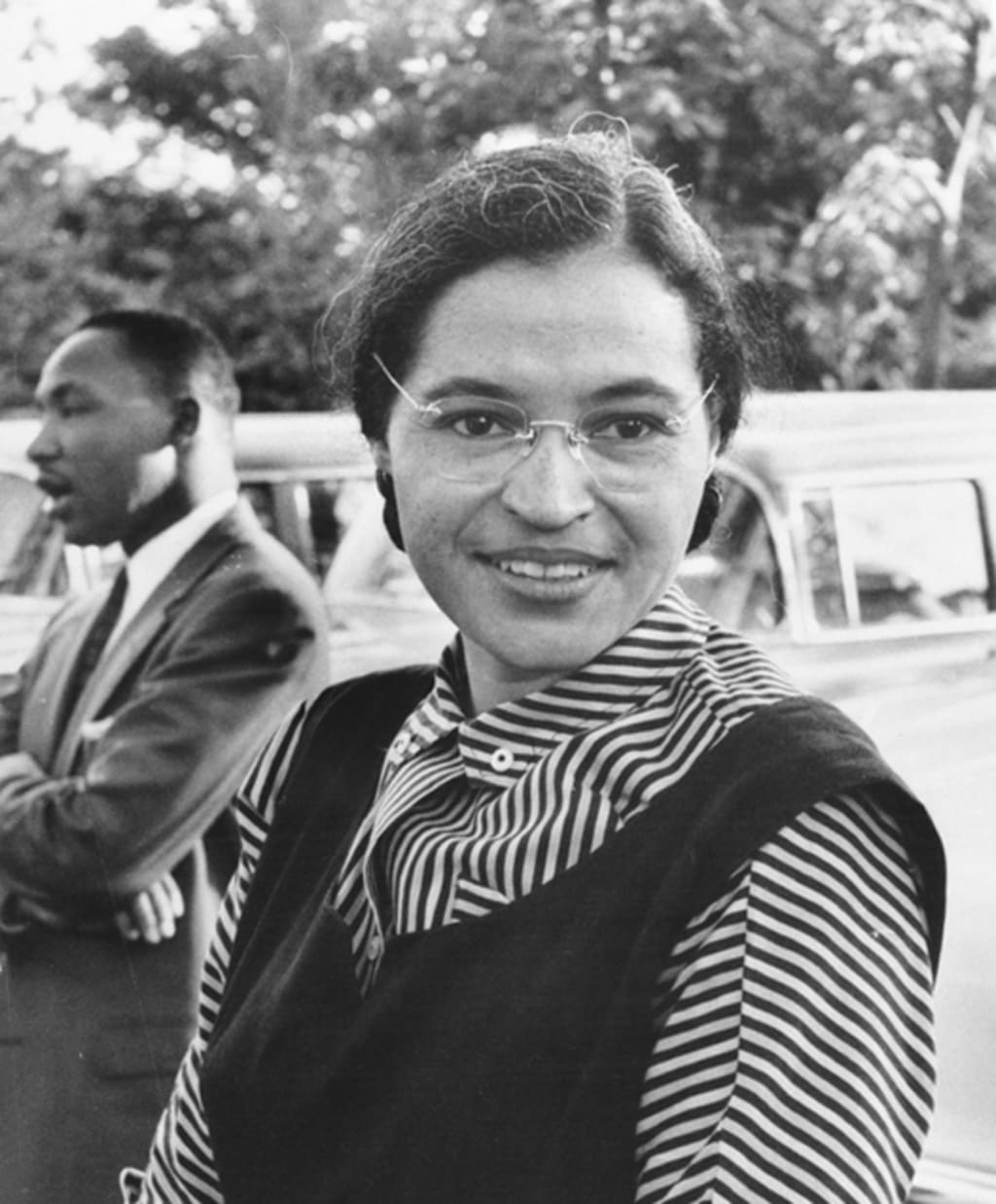
A vital figure from the US social equality development has kicked the bucket. Lucille Times assumed a significant part in the transport blacklist and casting a ballot rights walk-in in Montgomery, Alabama. She passed on August 16, her family said. She was 100 years of age.
Her job in battling isolation in Alabama mirrored an "amazing … piece of history" that was obscure to many, said Troy King. He was a companion of Times.
On June 15, 1955, Times, who is Black, was heading to the laundry. A white transport driver named James Blake attempted to run her off the street and into a trench, Times said.
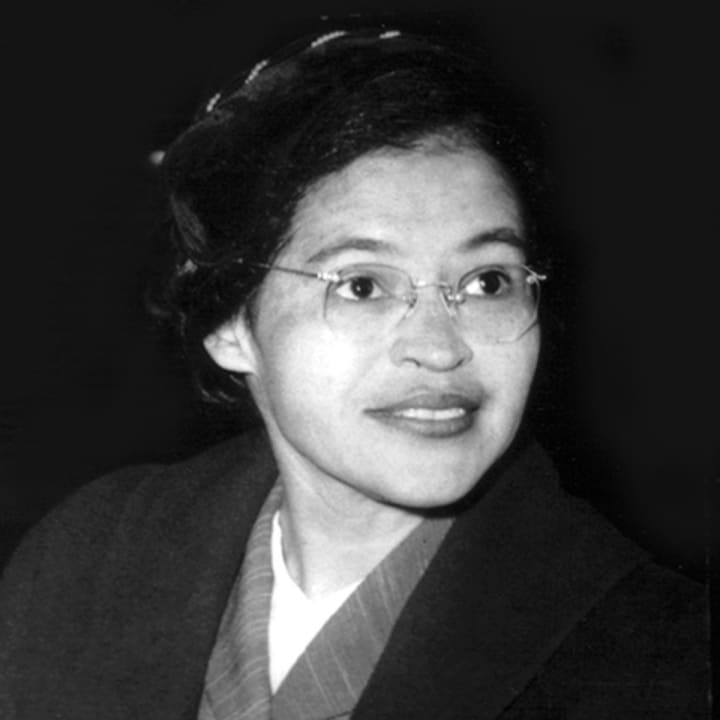
In December 1955, Blake would likewise arrange for Rosa Parks to be captured. Parks wouldn't surrender her seat to a white man.
After Blake's hazardous activities, Times and Blake escaped their vehicles. Blake expressed pitiless words to Times. She didn't withdraw, she reviewed in a meeting with the Montgomery Advertiser paper in 2005.
Birth Of The Boycott And Making Of An Icon
Times attempted to report Blake's conduct to his manager. The business didn't return her calls. The following day, Times said, she helped start what turned into the Montgomery transport blacklist. The dissent is expected to end isolation in the city's public transportation framework. It was a vital early occasion of the social liberties development. Isolation was the constrained detachment of Black and white individuals in broad daylight spaces. The assets dispensed to Black Americans were not of equivalent quality as the assets and administrations presented to white individuals.
Times' life and mental fortitude address the many Black ladies during the social liberties development. They confronted consistent maltreatment from white individuals in power, said Felicia Bell. She works with the Smithsonian Institution on a set of experiences display about prejudice in the United States.
"What she went through causes you to see the value in her and the numerous different ladies like her," Bell said.
From Cafe Owner To Civil Rights Crusader
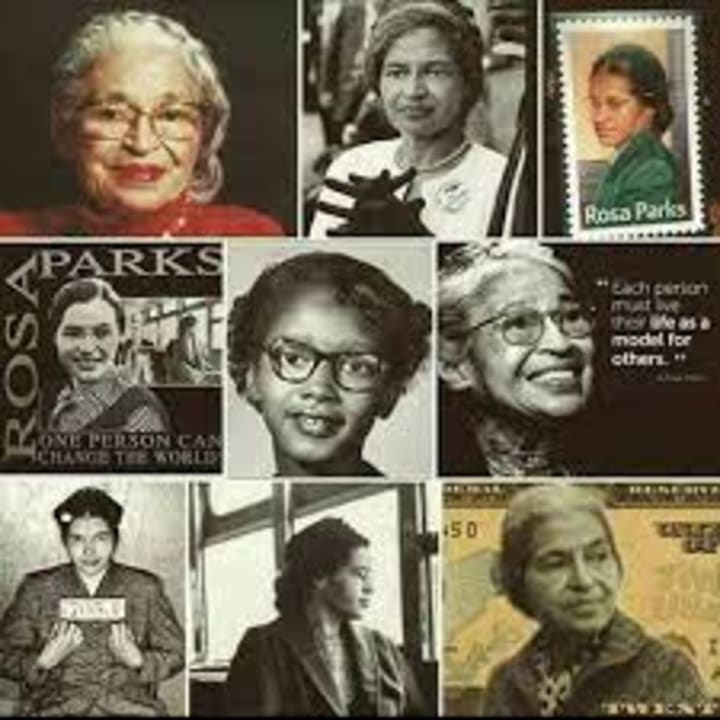
Times was brought into the world in 1921 in Montgomery. She and her significant other Charlie claimed a bistro. The spot was known as a focal area for getting sorted out social equality action during the development. Heads of the development, including the Reverend Martin Luther King Jr., used to assemble there.
Two or three's lives changed when they joined the National Association for the Advancement of Colored People. The gathering is otherwise called the NAACP. One of the soonest social equality associations of the twentieth century, the NAACP was banned in Alabama during the 1950s. The couple began holding secret NAACP gatherings in their home.
In 1955, Times and her significant other told E.D. Nixon about her communication with Blake. Nixon was the leader of the Montgomery section of the NAACP at that point. Times disclosed to Nixon they should begin boycotting the transports.
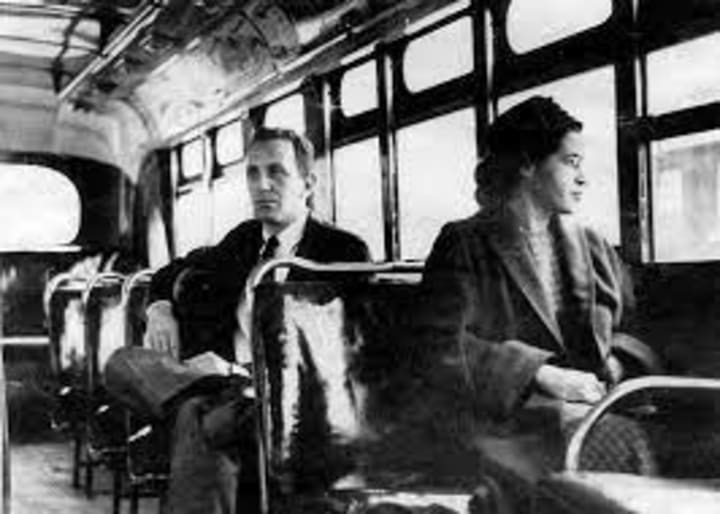
Nixon, be that as it may, urged her to stand by. He figured they should sit tight for when something occurred on transport, not an external one.
Times didn't pause. As Nixon fund-raised assets for gas and vehicles for a future transport blacklist, Times began right away.
In a fight, Black transport riders quit riding city transports. They requested reasonable treatment. Times started driving transport riders to their objections. She advised individuals to call her when they required a lift. By not paying to take the transport, the Montgomery transport framework would not get as much cash flow. Times, and others engaged with the transport blacklist, trusted this would drive the public authority to end isolation on transports.
The Montgomery transport blacklist formally began months after the fact, after Rosa Parks was captured for declining to surrender her transport seat to a white man. A huge number of Black transport riders joined the reason. The development at last prompted a Supreme Court choice that finished isolation on transports. Times later discover that the transport driver who requested that Parks be captured was a similar man who had attempted to run her off the street.
In 1965, Times strolled in the Selma, Alabama, to Montgomery walk. The 54-mile walk was in dissent of laws that made it extremely challenging for Black individuals to cast a ballot. For the walk, Times facilitated 18 marchers from around the country in her home.
"We Hope They Can Carry On"
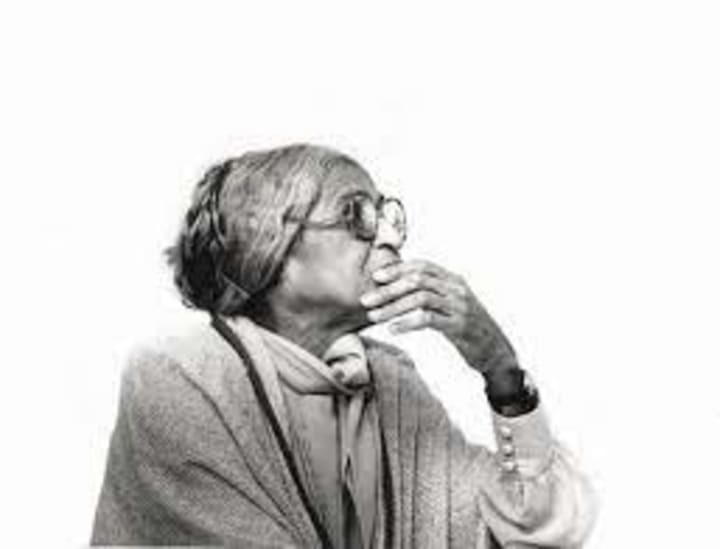
However not too known as Parks, Times' story has acquired acknowledgment as of late. Her previous home has a chronicled marker. It recounts the account of her work during the social equality development.
However Times have elapsed, her battle for equity isn't finished.
Losing a social equality extremist like Times is pulverizing and difficult, Bell said. In any case, Bell said she trusts that "Youngsters today are propelled by these social liberties activists and infantrymen."
"We trust they have taken in exercises from them and their tradition of obstruction and strength," Bell added. "We trust they can continue."






Comments
There are no comments for this story
Be the first to respond and start the conversation.